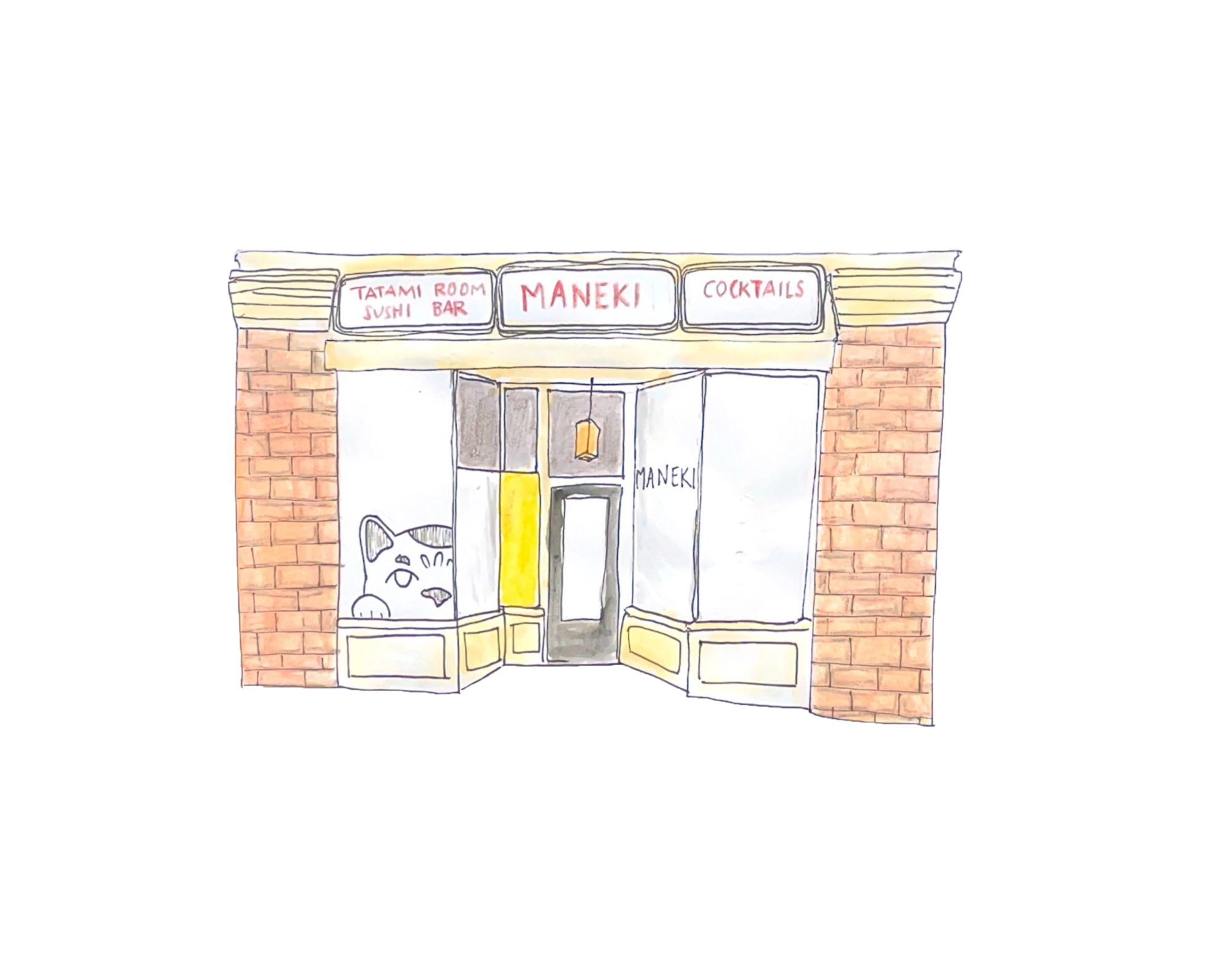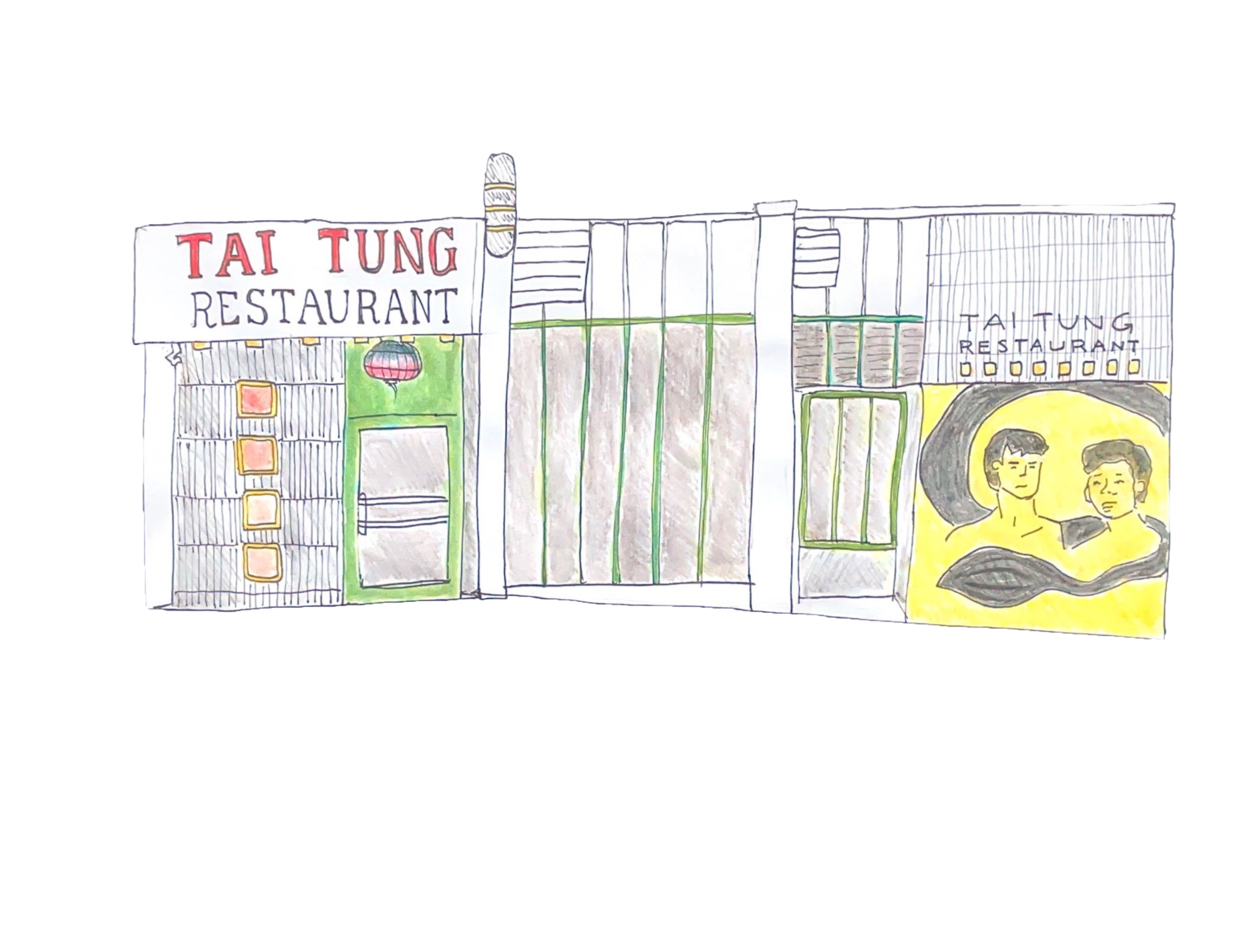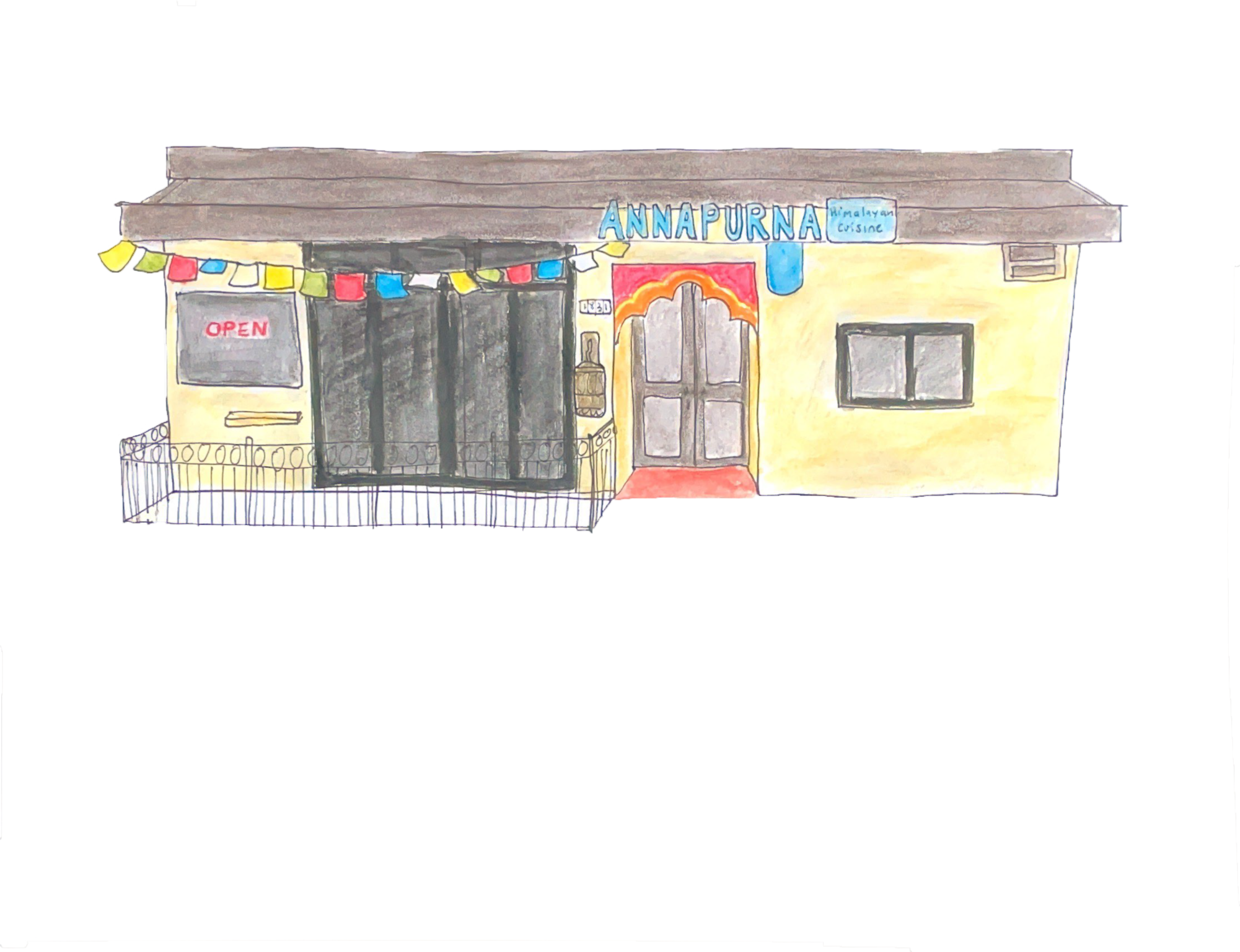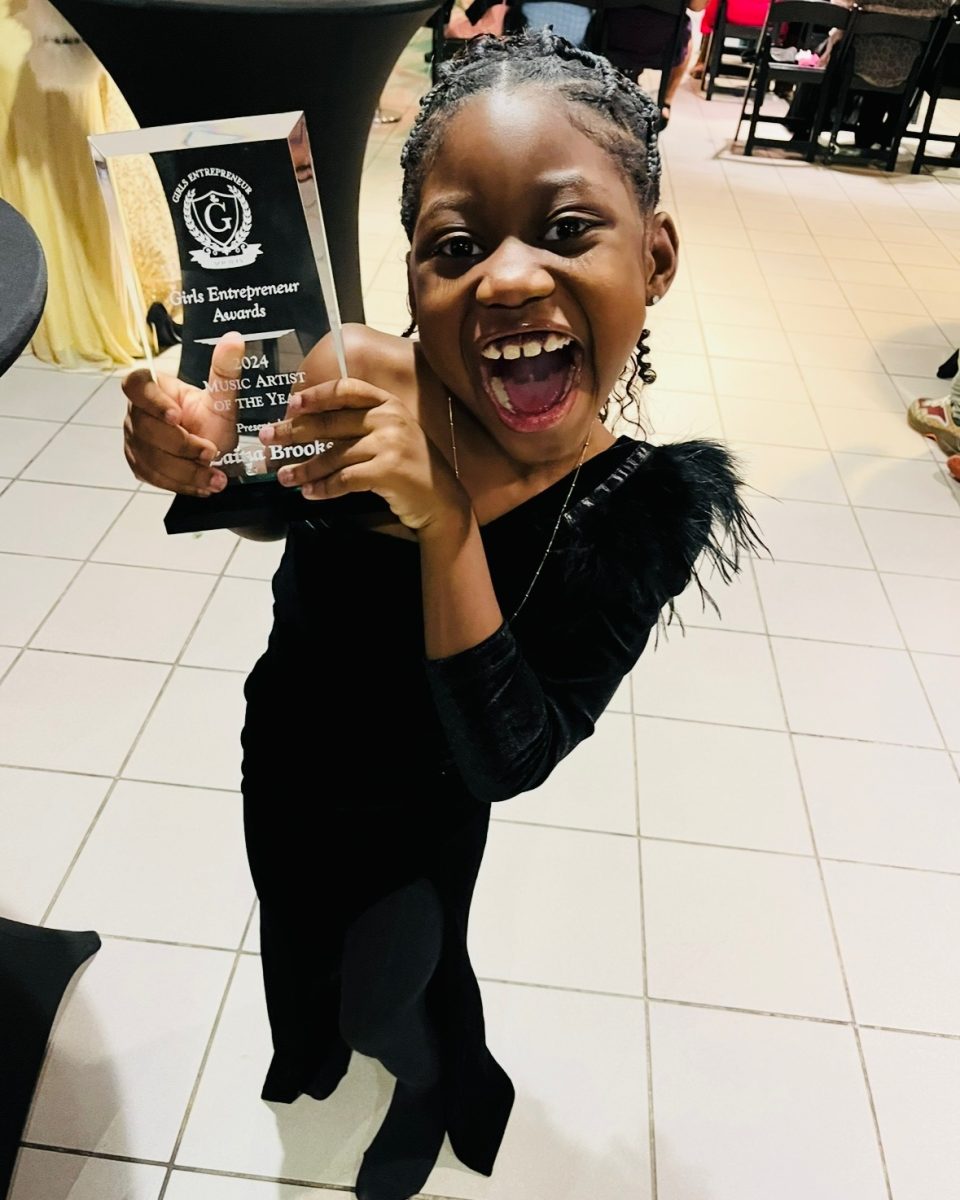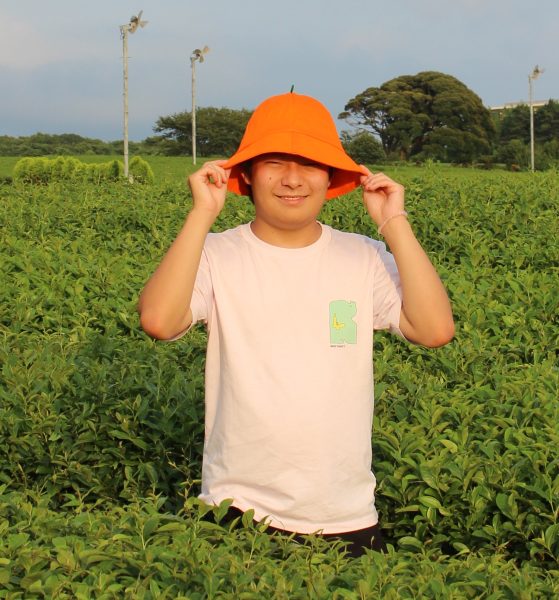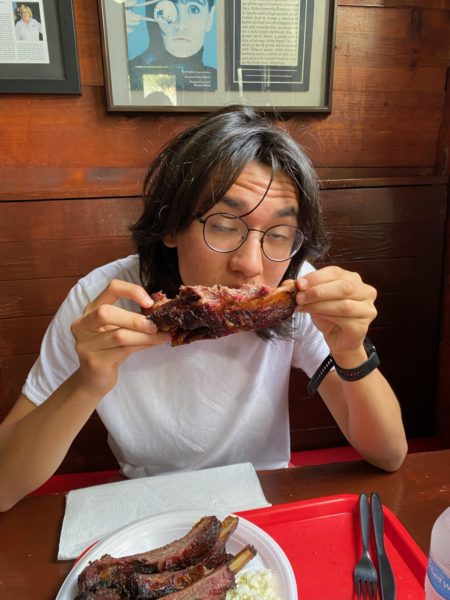Introduction:
Seattle’s Asian American restaurants offer much more than just their products and yummy food. Many of them carry a long legacy of resilience through times of racism, Japanese Internment during WWII, COVID, Asian hate, and displacement. These restaurants and the food they serve tell the history of what makes Seattle’s Asian Community so special.
Maneki:
Established in 1904, Maneki was the first restaurant in Seattle with a sushi bar, tatami rooms, and karaoke bar. It is recognized as one of the oldest sushi restaurants in the United States with some even claiming that it’s the oldest Asian restaurant on the West Coast. Named after the Manekineko, the Japanese figurine of a beckoning cat that believed to bring good luck to the owner, the original Maneki was in a building shaped like a Japanese castle on a hill on 6th Ave in the heart of Japantown where it was located until World War II.
On February 19, 1942 Franklin D. Roosevelt signed an executive order forcing the removal of all Japanese Americans, resulting in the Japanese incarceration camps. During this time, the owners of Maneki were forced to leave, resulting in the place being left unattended. Fortunately they were able to store most of Maneki’s belongings in a space in the NP Hotel. Unluckily, during this time away, the castle was plundered and became a ruin. When they came back, they claimed their belongings and moved into the space where they are currently located today. Rebuilding from the ground up, they got back to serving the community with their wonderful food.
Maneki took another hit from COVID. They saw a 70 to 80 percent reduction in business and even stopped serving raw fish. Many businesses in the CID, like Maneki, got boarded up and still are due to the increase in Asian hate crimes. Thankfully, their supporters helped them out. Senior Abby Nakamoto, mentioned that her family “started getting takeout from them to support them [because] they were struggling”. Many loyal customers ordered takeout or donated to their GoFundMe to help keep Maneki open. During this time, they had to heavily rely on their helpers, and without them, they wouldn’t be where they are today.
Currently, the business is recovering, with the main dining room consistently crowded and the tatami rooms booked out. The host always has a smile on her face, “The hostess is one of the sweetest ladies ever,” Abby states, “She asks my family questions and jokes with us.” Maneki has seen it all, through World War II and COVID, hate crimes and more, they have stayed resilient. With the restaurant’s historical history and the delicious authentic food, this restaurant is a must hit. Reservations are a requirement if you want to dine in!
Tai Tung:
Opened in 1935 for Chinese and Filipino railway and cannery workers, Tai Tung is one of the oldest Chinese restaurants operating in Seattle’s International District. Harry Chan, Tai Tung’s third generation owner, has run the restaurant since 1968. During his tenure, Chan has hosted many celebrities, notably Bruce Lee, who was a Tai Tung regular during his six years in Seattle. His favorite dishes included beef with oyster sauce and garlic shrimp. Bruce Lee’s legacy lives on at Tai Tung with his regular spot carefully preserved, pictures of the late movie star hung around the restaurant, and a mural of Bruce Lee and James Baldwin outside.
Rob and his wife, Bonnie, traveled all the way from England to dine at Bruce Lee’s favorite restaurant and have the opportunity to meet Harry Chan. “I’m a huge fan of Bruce Lee,” Rob said, “the most amazing part about Harry Chan [was that] he was running [Tai Tung] when Bruce Lee was here.”
Despite the neighborhood around it changing rapidly over the past years, Tai Tung has remained resilient. Three years after the pandemic closed in person dining, the restaurant was packed even during off-hours. Simply ask for extra fortune cookies!
Ludis:
Previously known as The Turf, Ludi’s is a Traditional Filipino restaurant, established in 1936. Just reopening at their current location a few months ago after previously closing four years ago due to their old landlord refusing to renew the lease, Ludi’s is back stronger than ever. Even though the jukebox and lounge are now non-existent, the food and culture still stays strong. Senior Julianne Ingram said, “The corned beef silog or ube pancakes, they remind me of dishes I’ve had in the Philippines. The corned beef silog is a popular breakfast dish. And growing up, I would always have ube cake for my birthday, and the ube pancakes are kind of reminiscent of that.”
As well, the staff are very friendly and approachable, “Everyone is really nice,” Juilliane states, “As someone who’s still learning to speak Tagalog, it’s fun to be around other people who speak it.” Make sure to stop by Ludis, to support them and, of course, to taste their delicious food.
Pho Bac
Affectionately known as The Boat due to the original restaurant’s oddly (boat) -shaped building, Phở Bắc has been a cornerstone of the Little Saigon community ever since its opening in 1982. Elson Tran has been a regular at Phở Bắc since the early 1990s. “It’s a staple of the community”, Tran said, “even as [Phở Bắc] has opened new locations and added a bar”. In addition to the original location on Jackson St, Phở Bắc has opened locations in Downtown and Rainier Ave. “Even though they’ve been through a lot of changes”, Tran noted, “The Pho has stayed the same delicious bowl I’ve known. I always get the phở đặc biệt.” Tran also stresses that even through all the changes Little Saigon has been through, “they’ve continued to support this community. They host community gatherings, teach [vietnamese] classes, and work together with the [Friends of Little Saigon]. To us, they’re not just a business.”
Annapurna Cafe:
Starting as a food truck at Seattle Central College, Annapurna Cafe has been operating in Capitol Hill since 2003, serving delicious Himalayan cuisine from Nepal, India, and Tibet. One way they attract customers to their underground restaurant is with the fragrant smell of spices that remind pedestrians of their homes.
Annapurna’s current manager, Fendi, has been working at Annapurna through the pandemic. “I started working here because [when] I walked to the train station I thought the smell was so good,” he said, “I’m from Indonesia where we also have curries, so this food is familiar.” Fendi recommends the Goa Curry and the Tensing MoMo.
In the early 2010s, Annapurna Cafe was heavily impacted by the construction of the Capitol Hill light rail station. “We were basically hidden and wrapped in blue tarp for a very long time,” Annapurna’s founder, Roshita Shrestha, told Capitol Hill Seattle Blog.
Additionally, business has been slow following the pandemic. “It’s not like it used to be before COVID. Because of the restrictions during COVID, many people didn’t work, this means that Capitol Hill was quiet, so we lost business and [could only] depend on the Uber drivers,” Fendi said. Now that many students at Seattle Central College have transitioned to online learning, Annapurna’s original customers have dwindled.
Nevertheless, Annapurna has continually overcome adversity, now serving loyal and new customers alike as they open up after the pandemic. They even expanded, adding a bar upstairs (but if you’re under 21 don’t accidentally walk into it like we did).
Seoul Tofu & Jjim:
Seoul Tofu & Jjim, located in Capitol Hill, has only been in business for one year, yet it has already impacted Seattle’s Korean community with its authentic Korean food. Throughout the late 20th century, the US saw an influx of Korean immigrants. In Seattle, they typically moved to neighborhoods less central, like Shoreline, University, West Seattle, Olympic Hills, and Pinehurst.
This has made it hard for Korean Americans like Garfield junior Olivia Kang, who said she’s been looking for an authentic Korean restaurant in central Seattle for a long time. “I think it’s important because if I can’t make [Korean food] no one is there to make it for me, and I’ll miss the taste,” Kang said. When asked why it has been hard to find authentic Korean food in Seattle, she said, “the businesses that are more authentic, that are family owned and smaller, don’t get a lot of business, so it’s harder for them to stay afloat.”
Now, the wait for authentic Korean food is over. A visit to Seoul Tofu and Jjim for some Soondubu on a cold Seattle day will surely soothe the soul.



